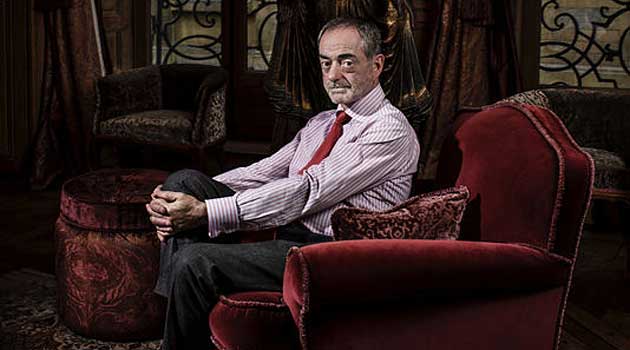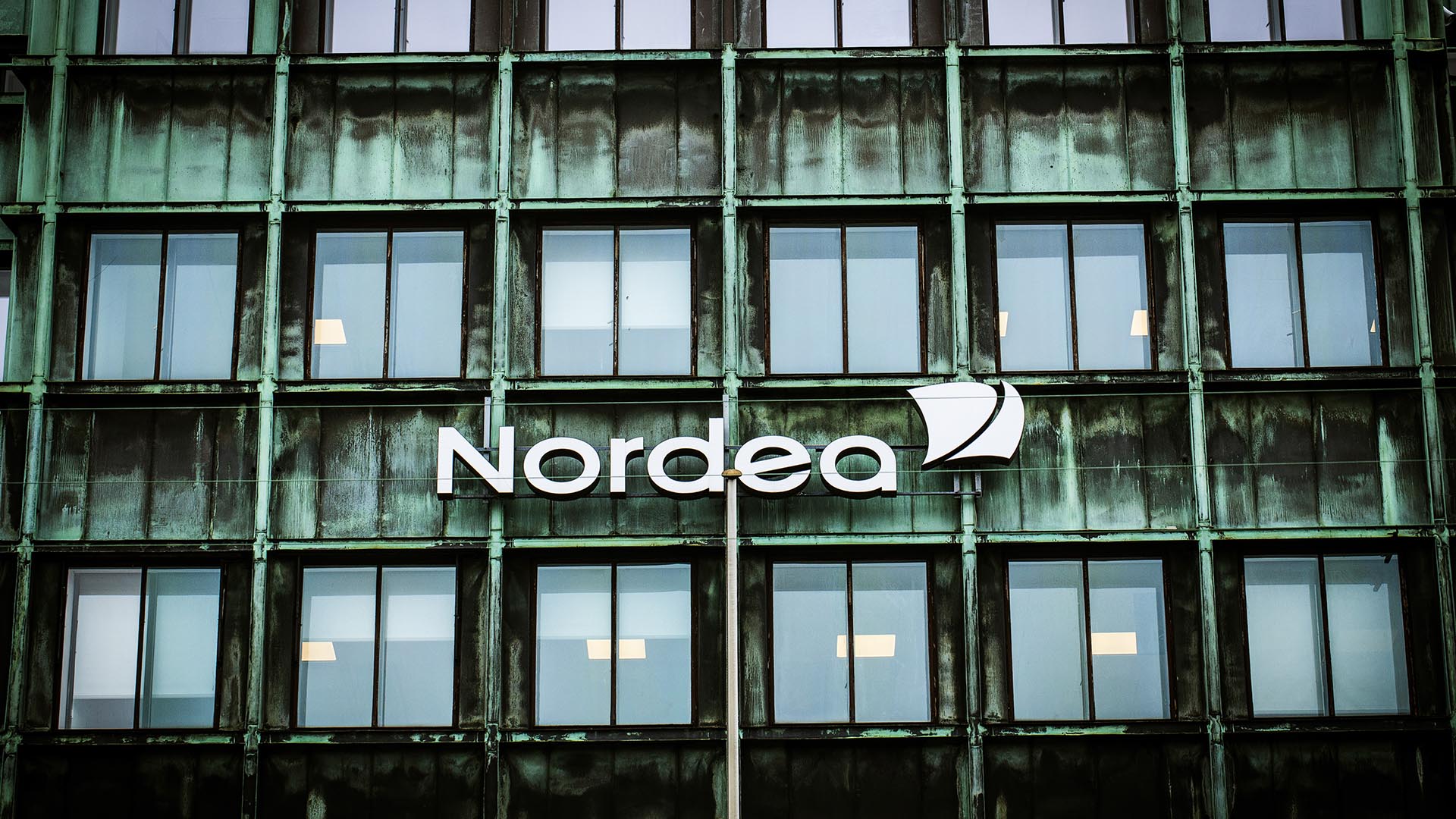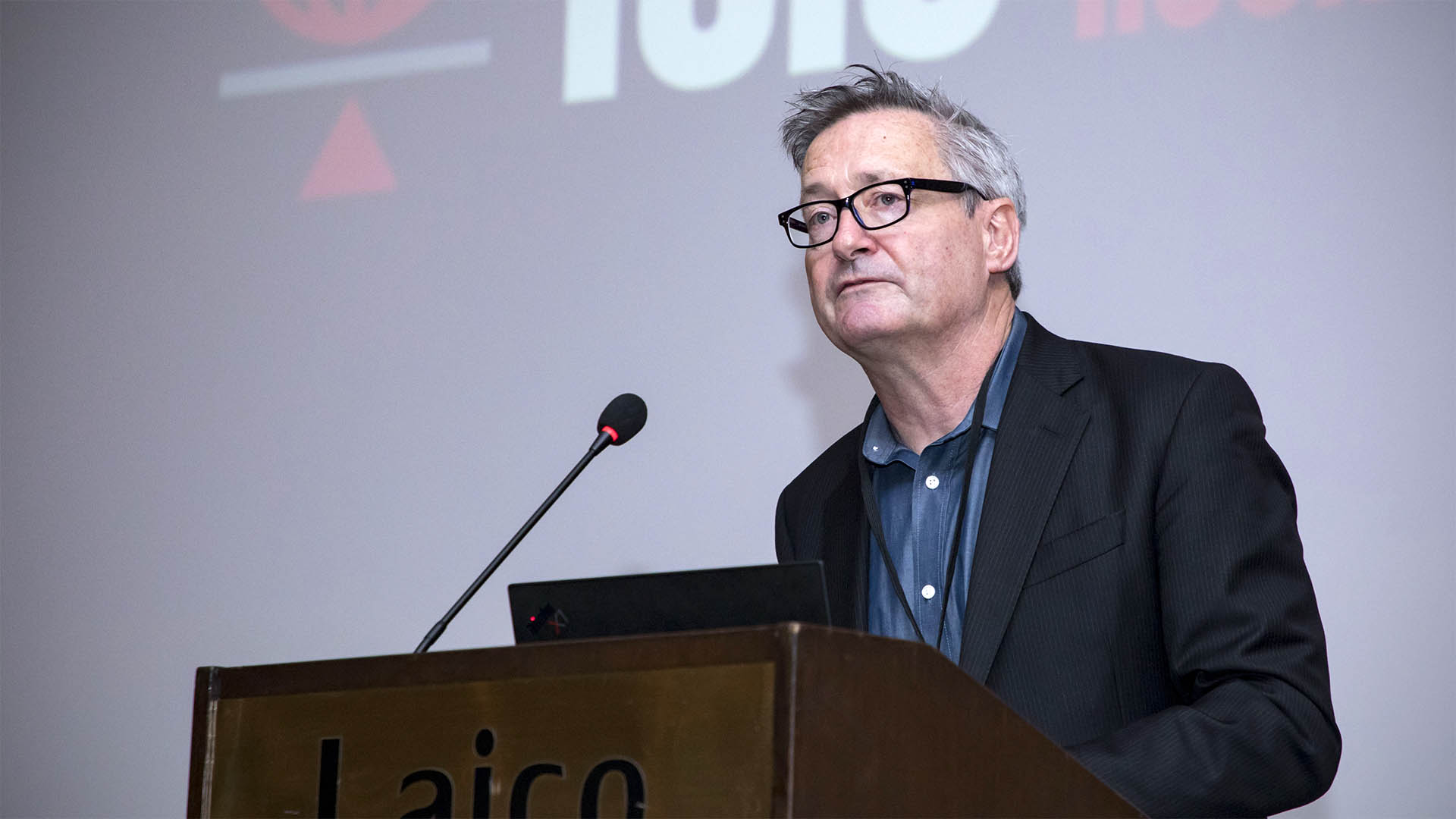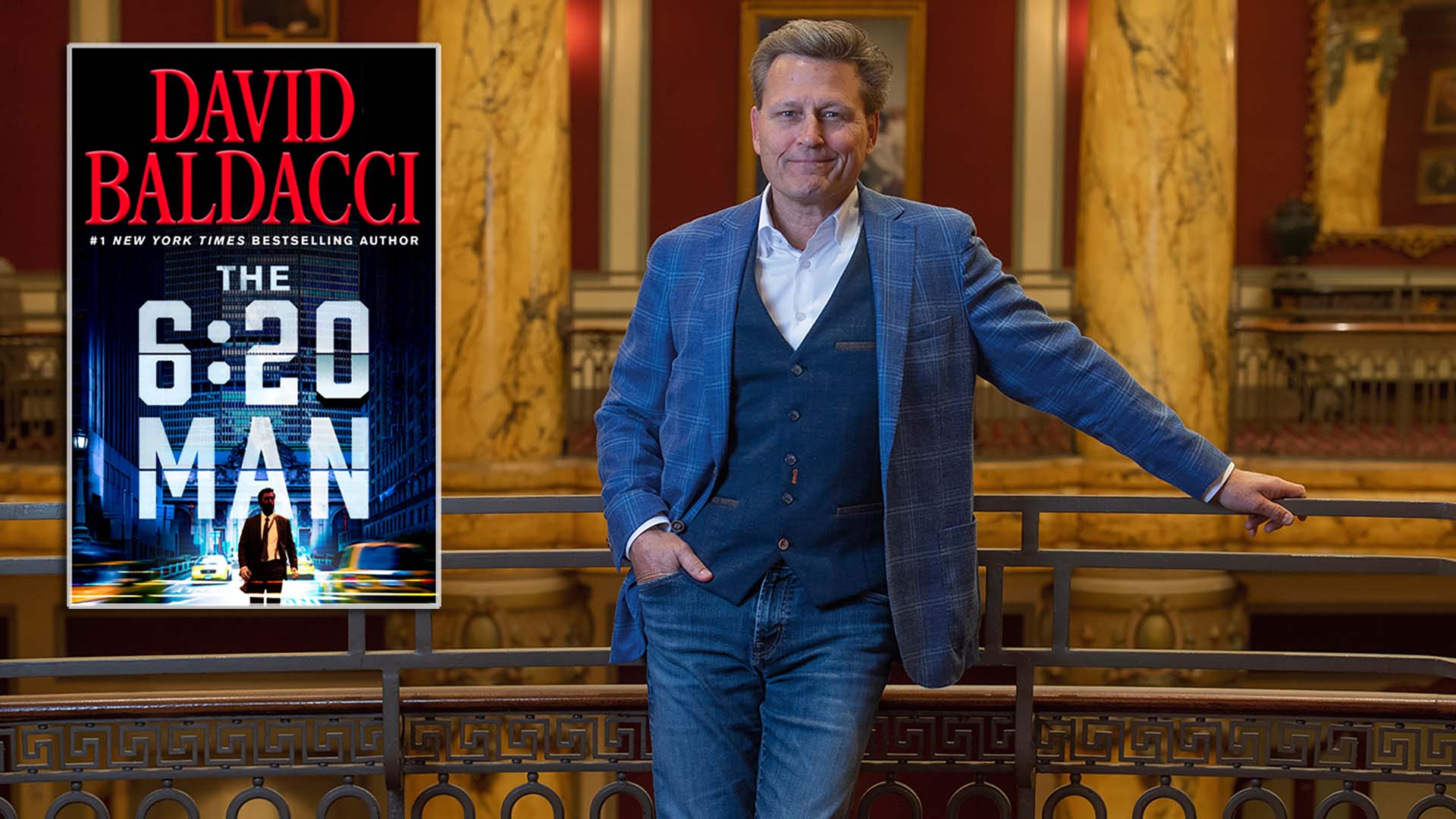Jean-Jacques Augier says that his actions were fully legal and attributes his participation in these schemes to his “adventurous nature”.
French president François Hollande faces more embarrassment after it emerged that a close friend and treasurer for his presidential election campaign invested in offshore businesses in the Cayman Islands.
The revelation comes at the worse possible time, as France is reeling from the Budget Minister Cahuzac scandal.
The name of 59-year-old Jean-Jacques Augier, a businessman and an unobtrusive figure on the French publishing scene who was François Hollande’s treasurer during the 2012 presidential campaign, features in documents obtained by the International Consortium of Investigative Journalists (ICIJ) and seen by Le Monde. These show that he has shares in two offshore firms in the Cayman Islands through his financial holding company Eurane.
Investigations by Le Monde using files unearthed by the ICIJ have established that Mr Augier and several other shareholders set up a company called International Bookstores Limited in 2005 in the Caribbean tax haven, which is a British Overseas Territory.
Mr Augier confirmed these facts with a hint of embarrassment, but has stated that he does not have “either a personal bank account in the Cayman Islands or any personal direct investment in that territory”.
“I invested in this firm through Eurane’s Chinese subsidiary, Capital Concorde Limited, a holding company that manages all my business in China,” added this friend of the French President. “The investment in International Bookstores appears in company records. Nothing is illegal.”
An alumnus of the elite Polytechnique and ENA management school, and a brilliant former inspector of finances, Mr Augier is indebted to his business mentor, André Rousselet, a close friend of François Mitterand, for paving his way to success by hiring him to run the struggling G7 taxi company in 1987. He left it 13 years later having turned the company round and made his fortune, with a golden handshake of 11 million euros.
In 2004, heeding a desire to see the wider world, Mr Augier headed for China, where he put some of his fortune into founding a new chain of Western-style bookshops. This led to his setting up International Bookstores in 2005 with two business partners: Jacques Rougeaux, a French engineer based in China like himself, and a Chinese businessman.
Three years later, in 2008-09, Mr Augier, who was still living and doing business in China, joined several international shareholders and tour operators, some of them European, to set up a second offshore structure in the Cayman Islands.
Mr Augier was willing to explain his actions regarding these two operations. The French publisher, who owns Books magazine and, since January 2013, Têtu, France’s leading gay magazine, says that he was asked to set up International Bookstores by one of his then partners, Xi Shu, a prominent figure in China who owns a chain of bookshops.
Xi Shu was interested in Mr Augier’s European business experience and was keen to enter into partnership by selling Augier a stake in his bookstore business. He insisted, however, on establishing a holding company in the Cayman Islands in a move that was very popular with Chinese entrepreneurs at the time.
Was the senior Chinese official’s plan to avoid paying capital gains tax on the sale? Whatever his intentions, the French businessman and Mr Rougeaux bought about 30% of the capital of International Bookstores, and Mr Augier became its managing director, while the French engineer took care of setting up the company in the Cayman Islands.
Soon after, in 2006, it came to a clash with Xi Shu. Mr Augier says he felt cheated, having realized that the bookshops were in debt. He resigned but was unable to sell his shares. Mr Augier states that he has no idea what the company does now.
Asked about a second offshore firm set up in 2008-09 with tour operators of various nationalities to manage investments whose activities he refuses to disclose, all Mr Augier will say is that it was based in the Cayman Islands at the request of his business partners. The fund has reportedly now been moved to Hong Kong.
“You think I’m reckless?” he replied to Le Monde’s probing about the timing of this arrangement at the height of the global financial crisis just as the G20 was declaring war on tax havens. “Put it down to my adventurous nature. Maybe I lacked prudence.”
Maybe, yes. There are two burning questions about the French publisher’s offshore investments. The first is obviously about the legality of these operations and whether Mr Augier – a Frenchman who set up Eurane, a company whose assets are quite separate from his personal fortune, to host his international business activities – knew that he was breaking French law.
The law is very clear. According to Article 209-B of the French General Tax Code, any French company owning, either directly or indirectly, a legal entity that has no real business activities but does harbor “liabilities” (dividends, loans, etc.) in a country with a preferential tax regime is subject to French tax in proportion to its offshore investments. This does not appear to apply to Mr Augier’s case. He further states that all his operations are legal and have been declared.
But how can this be verified for companies that publish no accounts? And hasn’t Mr Augier got himself into a sticky situation with a company he cannot pull out of?
The second question is naturally one of ethics. Even if these operations are legal, should a treasury auditor, a member of one of the “grands corps de l’État” and a representative of Republican values really be getting involved in arrangements of this kind and propping up the financial secrecy of offshore territories?
Speaking anonymously, a senior civil servant offered this observation: “We live in a world in which exchange controls have been abolished but where countries do not have equal taxation rights. There is a jungle of rules, and a lot of loopholes for business. Many people confuse the law with morals. Taxation is a matter of law. Tackling financial secrecy is something else entirely – a different dimension where everyone is a judge.”
Translation: Simon Pare



